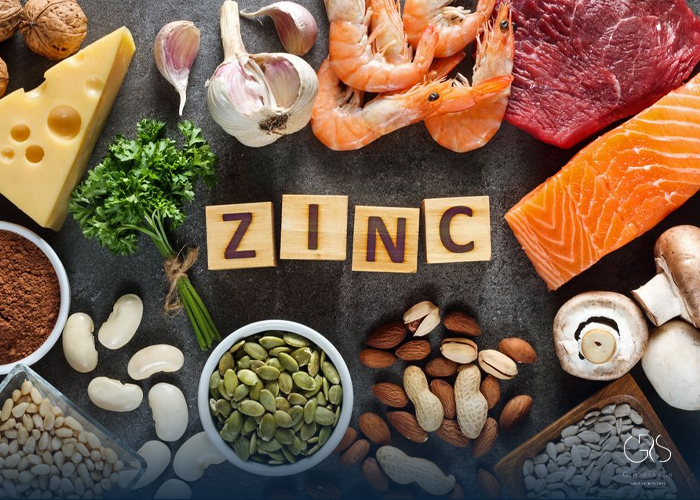Zinc is an essential mineral that plays a pivotal role in numerous bodily functions, ranging from immune support to wound healing. While many foods naturally contain zinc, some individuals may find it challenging to meet their daily recommended intake. In such cases, zinc supplements can be a viable option. However, it is crucial to have a thorough understanding of key facts, considerations, and risks associated with zinc supplementation before incorporating it into your routine.
Benefits of Zinc
Zinc offers a wide array of health benefits. It is renowned for its ability to strengthen the immune system, aiding in the prevention and treatment of common colds and respiratory infections. Additionally, zinc plays a vital role in promoting healthy skin, supporting wound healing, and regulating hormone production. Studies have also shown potential benefits of zinc for fertility, cognitive function, and eye health (1).
Zinc in Your Diet
Before considering zinc supplementation, it is important to ensure you are consuming an adequate amount of zinc through your diet. Incorporating foods that are naturally rich in zinc into your meals can help meet your daily requirements. Excellent dietary sources of zinc include oysters, beef, lamb, pork, shellfish, legumes, nuts, and seeds. By diversifying your food choices, you can increase your zinc intake and promote overall well-being.

Recommended Daily Intake
The recommended dietary allowance (RDA) for zinc varies based on factors such as age and gender. For adult males aged 19 years and older, the RDA is 11 mg per day, while adult females aged 19 years and older require 8 mg per day. Pregnant and lactating women may have higher zinc requirements. Individuals should consult with a healthcare professional to determine their specific needs based on their circumstances.
Zinc Deficiency
Zinc deficiency can have detrimental effects on health due to its involvement in numerous bodily functions. Symptoms of zinc deficiency may include weakened immune function, delayed wound healing, hair loss, reduced sense of taste or smell, and impaired growth and development in children (3). If you suspect a zinc deficiency, it is advisable to seek medical advice for proper diagnosis and guidance.
Risks of Excess Zinc
While zinc supplementation can provide benefits, excessive zinc intake can lead to adverse effects. These include nausea, vomiting, diarrhea, and impaired copper absorption (4). High doses of zinc can also interfere with the absorption of other essential minerals such as iron and calcium. It is crucial to follow the dosage instructions provided by manufacturers or consult with a healthcare professional to avoid excessive zinc intake.
Zinc for Colds
Zinc supplements have gained popularity as a potential remedy for colds. While research has shown that zinc can help reduce the duration and severity of cold symptoms, the results are not conclusive (1). It is worth noting that the most effective way to prevent and manage colds is by practicing good hygiene, such as frequent handwashing and maintaining a healthy lifestyle.

Conclusion
Zinc supplementation can be a beneficial strategy to meet daily zinc requirements, particularly for those struggling to obtain sufficient amounts through diet alone. However, it is crucial to prioritize a well-rounded diet that includes zinc-rich foods before considering supplementation. Adequate zinc intake is essential for maintaining optimal health and well-being.
Sources
- MEDICAL NEWS TODAY, What are the health benefits of zinc?
- Mayo Clinic, Zinc
- National Institutes of Health, Zinc





